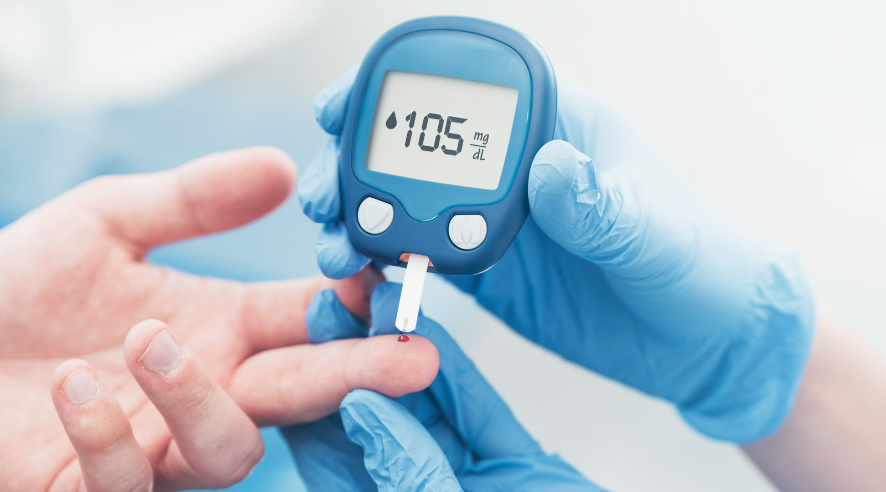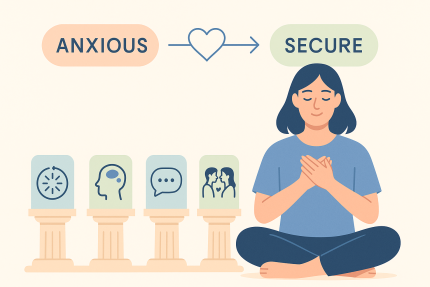Understanding Diabetes: Causes, Symptoms, and Management
- 15 July 2022

Diabetes is a chronic disease that affects millions of people worldwide. It is a metabolic disorder characterized by high levels of sugar in the blood, which can lead to serious health complications. In this article, we will explore the causes, symptoms, and management of diabetes.
Causes of Diabetes
There are two types of diabetes: type 1 and type 2. Type 1 diabetes is an autoimmune disorder that occurs when the body's immune system attacks and destroys the insulin-producing cells in the pancreas. This type of diabetes is usually diagnosed in childhood or early adulthood and accounts for approximately 5% of all diabetes cases.
On the other hand, type 2 diabetes is the most common type of diabetes, accounting for 90-95% of all diabetes cases. This type of diabetes occurs when the body becomes resistant to insulin, a hormone that regulates blood sugar levels. This can be caused by several factors, including obesity, physical inactivity, and a diet high in sugar and refined carbohydrates.
Symptoms of Diabetes
The symptoms of diabetes can vary depending on the type of diabetes and the individual. However, some common symptoms of diabetes include:
- Frequent urination
- Excessive thirst
- Fatigue
- Blurred vision
- Slow-healing wounds
- Tingling or numbness in the hands or feet
If you experience any of these symptoms, it is important to see a healthcare professional for a proper diagnosis.
Management of Diabetes
While there is no cure for diabetes, it can be managed with proper treatment and lifestyle changes. The goals of diabetes management are to keep blood sugar levels within a normal range and to prevent or delay the onset of diabetes-related complications.
Treatment for type 1 diabetes usually involves insulin therapy, which involves regular injections of insulin to replace the insulin that the body is no longer producing. Treatment for type 2 diabetes may involve lifestyle changes, such as regular exercise and a healthy diet, and medication to lower blood sugar levels.
In addition to medical treatment, there are several lifestyle changes that can help manage diabetes, including:
- Maintaining a healthy weight
- Eating a balanced diet that is low in sugar and refined carbohydrates
- Engaging in regular physical activity
- Monitoring blood sugar levels regularly
- Quitting smoking
As mentioned earlier, there are two main types of diabetes: type 1 and type 2. It is important to understand the key differences between these two types to manage the condition effectively.
Type 1 diabetes, also known as insulin-dependent diabetes, is an autoimmune condition in which the immune system attacks and destroys the insulin-producing cells in the pancreas. As a result, people with type 1 diabetes require regular injections of insulin to maintain normal blood sugar levels. The onset of type 1 diabetes is usually sudden, and the symptoms can be severe. The exact cause of type 1 diabetes is not fully understood, but genetic and environmental factors are thought to play a role.
Type 2 diabetes, also known as non-insulin-dependent diabetes, occurs when the body becomes resistant to insulin or does not produce enough insulin to regulate blood sugar levels. This type of diabetes is often associated with lifestyle factors, such as obesity, poor diet, and lack of exercise. The onset of type 2 diabetes is usually gradual, and the symptoms may be mild at first. However, if left untreated, type 2 diabetes can lead to serious health complications, such as heart disease, kidney disease, and nerve damage.
In addition to type 1 and type 2 diabetes, there are other forms of diabetes, such as gestational diabetes, which occurs during pregnancy, and monogenic diabetes, which is caused by a genetic mutation. These forms of diabetes may require different treatment approaches and management strategies.
Conclusion
Diabetes is a serious health condition that requires proper management to prevent complications. If you have been diagnosed with diabetes, it is important to work with a healthcare professional to develop a treatment plan that is right for you. By making lifestyle changes and adhering to your treatment plan, you can live a healthy and fulfilling life with diabetes.




